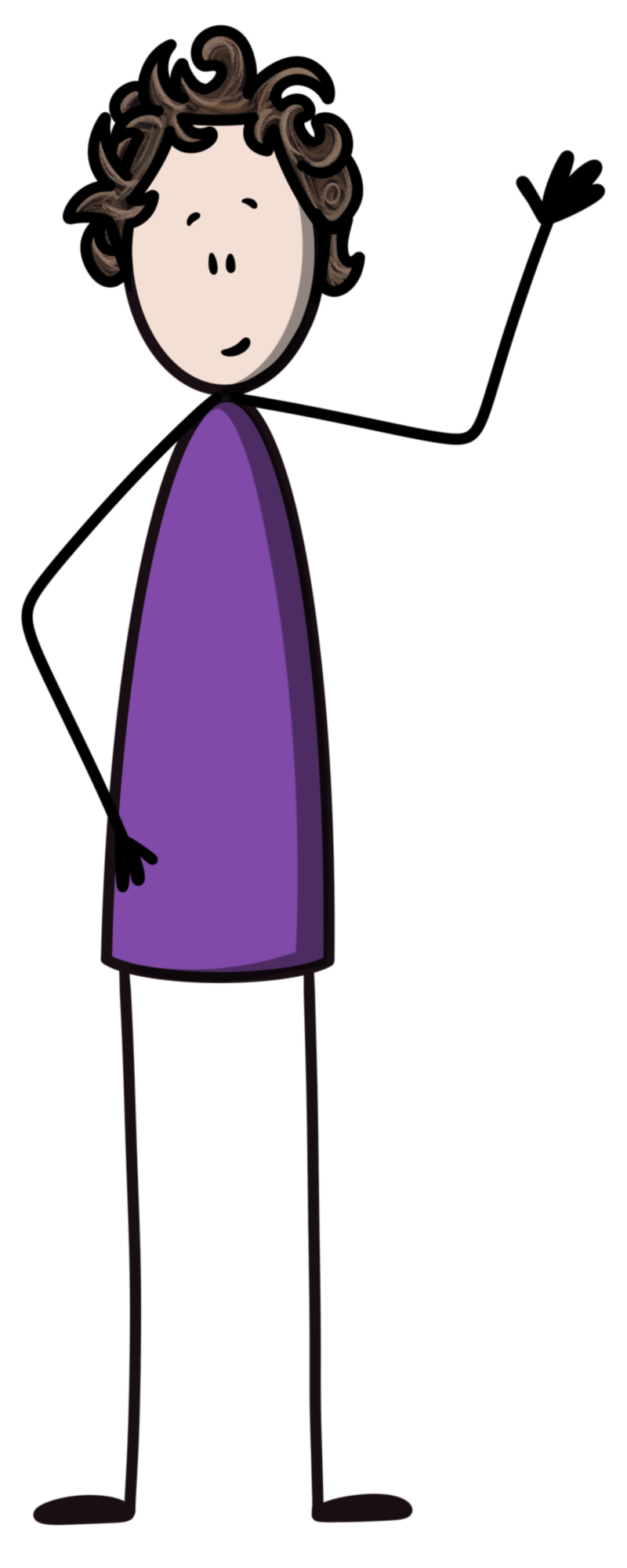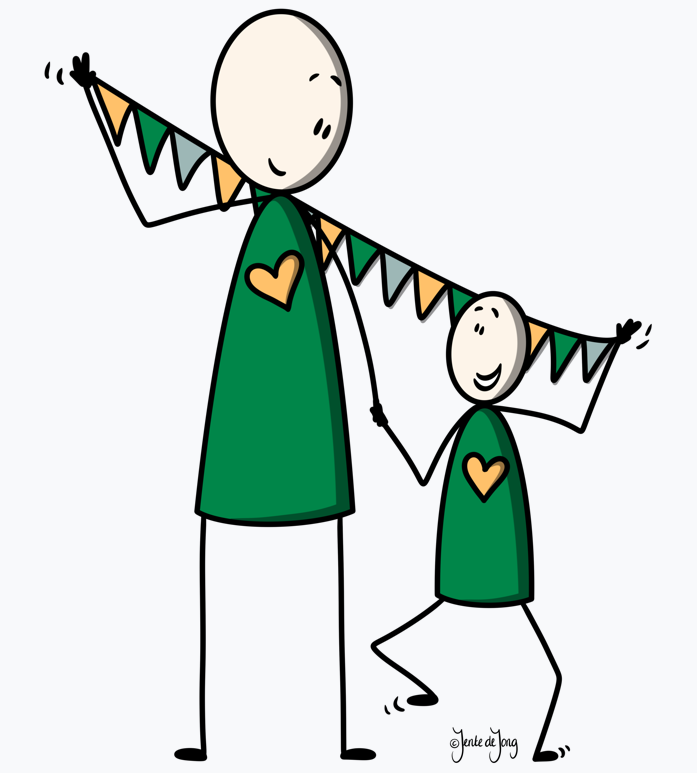Reviews
Disclaimer: The following experiences have been automatically translated from Dutch to English.
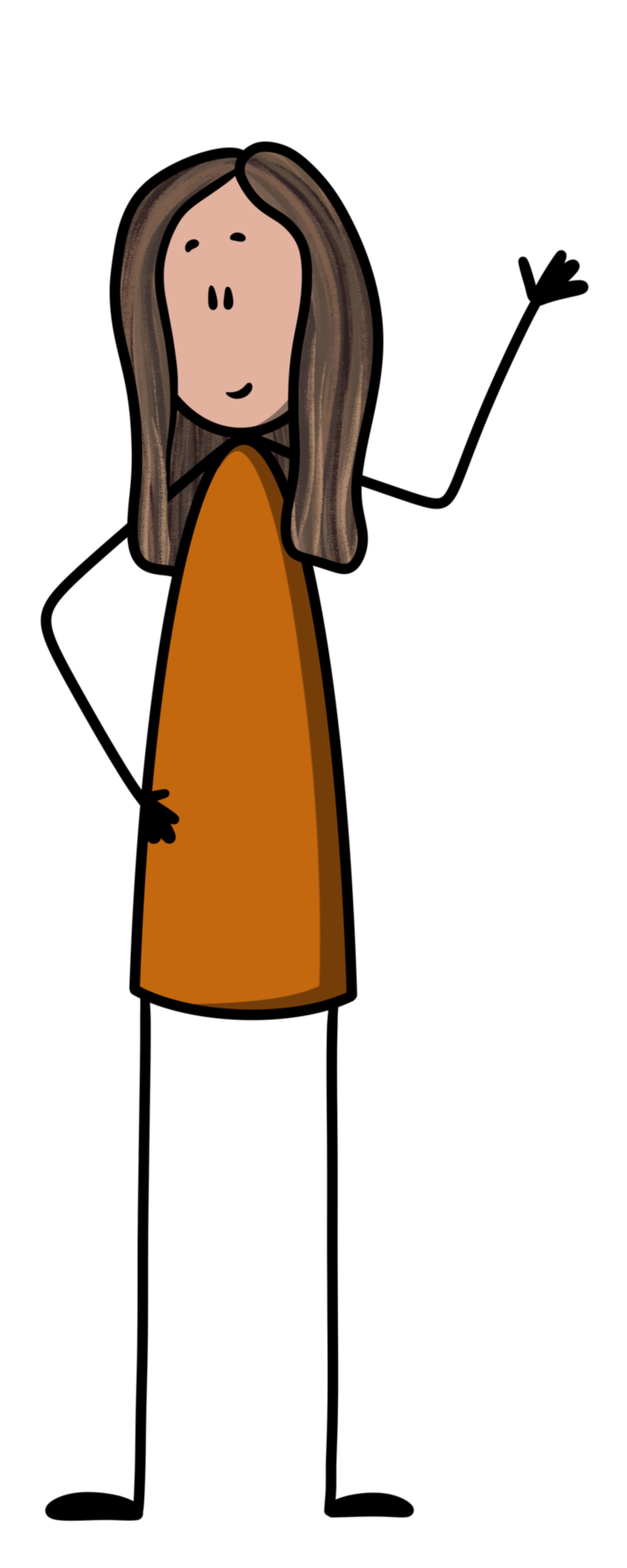 Marije Oude Alink - Health care psychologist
Marije Oude Alink - Health care psychologist
"What's the common thread between delivering feedback on a neuropsychological assessment and explaining schema therapy? In fact, what do psychological assessments and treatments often share?
It's a lot. A lot of theory with verbal explanations and text. Have you, as a practitioner, ever noticed that sometimes things get a bit blurry? Have you ever thought, while giving or receiving explanations: wow, that's a lot to remember, how can this be more concise, more clear? Are you just a human who understands things better with supporting visual material? Or like me, do you prefer theory presented in a visually organized overview? Are you currently working with NPOs and/or schema therapy? Search no more.
As a psychologist heavily involved in neuropsychological diagnostics, I've long wished to provide feedback in a more visual and clear manner as an alternative to verbal or written explanations. Patients, family members, and colleagues can process and comprehend the information given in a different way. Additionally, in the role of a novice, I experience the same need when understanding, comprehending, and mastering the theory of other therapeutic approaches, such as schema therapy.
It was a pleasant coincidence when I recently caught up with Jente de Jong. We discovered that, in addition to this need, we share a common interest in drawing and visual representation. While I sketch with a pencil for personal use, this absolute ace has precisely created something that can help a lot of people and colleagues: drawings that enhance the theory of schema therapy and NPOs. I have been immensely excited about it from the first glance, and I am pleased to bring her creations to the attention of my colleagues! Take a look at her website, and keep an eye on it because I am sure that, in addition to the current offerings, there are more beautiful additions to come from these talented hands."
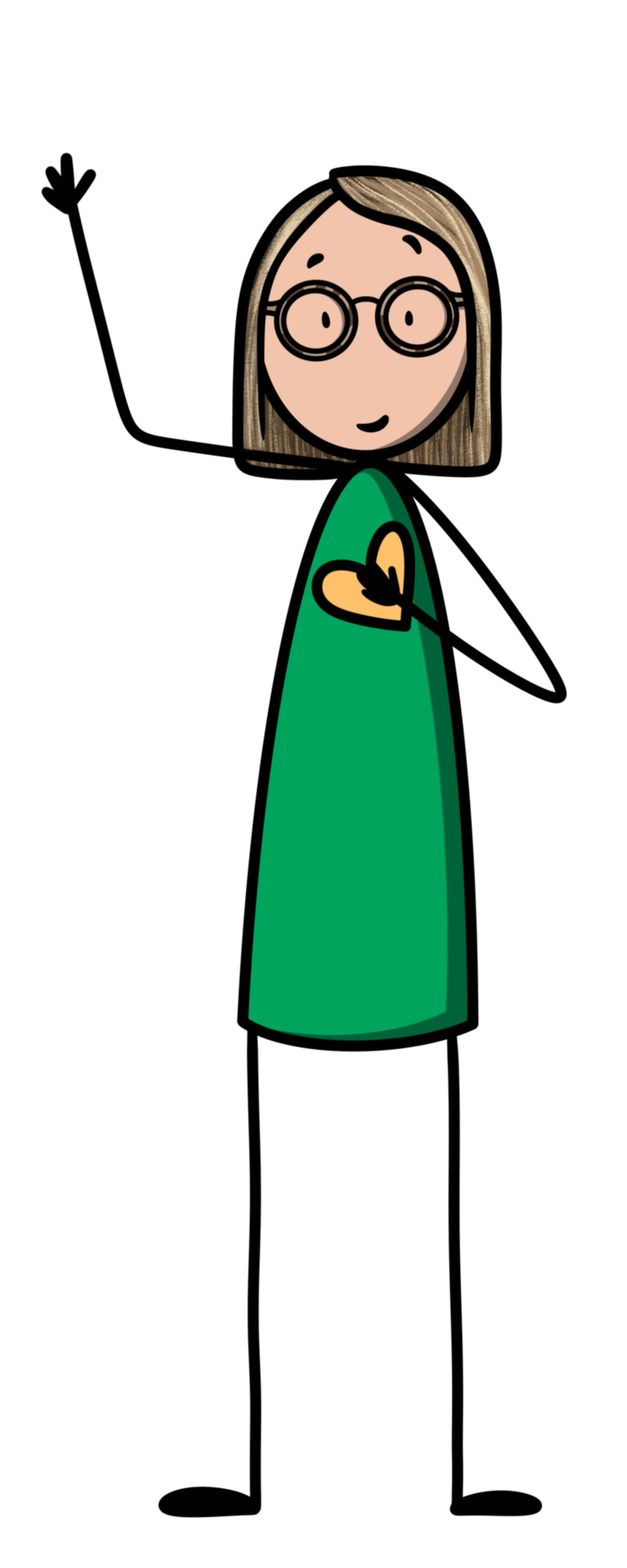
Jikkina Holtman - Health care psychologist (Clinical Psychologist in Training)
"- A picture is worth a thousand words -
When complex matters need to be explained, Jente de Jong (aka Kenschetser) starts drawing. The visuals are captivating and instantly comprehensible. Sometimes endearing or downright funny. Finally, I have found a way to simplify the explanation of schema therapy.
That's step 1; and that's already quite a bit in practice.
But it doesn't end there.
Step 2 is for the patient to gain insight into themselves, underlying needs, and gain control over their behavior and emotional world. This can quickly become complex. Using a lot of language is then a risk.
With Kenschetser's engaging drawings, less (unnecessary) language is needed. And presto, suddenly I see patients stepping out of their heads, and there is room to feel. It's not just about understanding with the mind; suddenly, feelings are allowed to participate.
Oh, and then my heart leaps a thousand times because I see that it works! So thrilled that I want to write about it on LinkedIn for the first time."
Michel Lahaye - Clinical Psychologist, Psychology Lecturer, Anxiety Management Workshops (www.angstvrij.be)
"A little over two weeks ago, I received the schema therapy cards and discussion boards from Kenschetser, and I immediately started using them!
Both in my private practice and during my teaching assignment, the reactions were positive. The cards are well-crafted and user-friendly.
How effective it is to make something visual, even for adults, and not get stuck in that language register. The drawings may seem very simple, but that's precisely their strength. The client can immediately recognize or indicate a specific mode. For myself, it's also easy to work with due to the clear colors and logical organization. It's also nice that the new schemas are included!
Finally, with students, I spread them across the entire classroom and let them exchange what they recognize in small groups.
Or in other words: a warm recommendation that will give you many creative possibilities!"
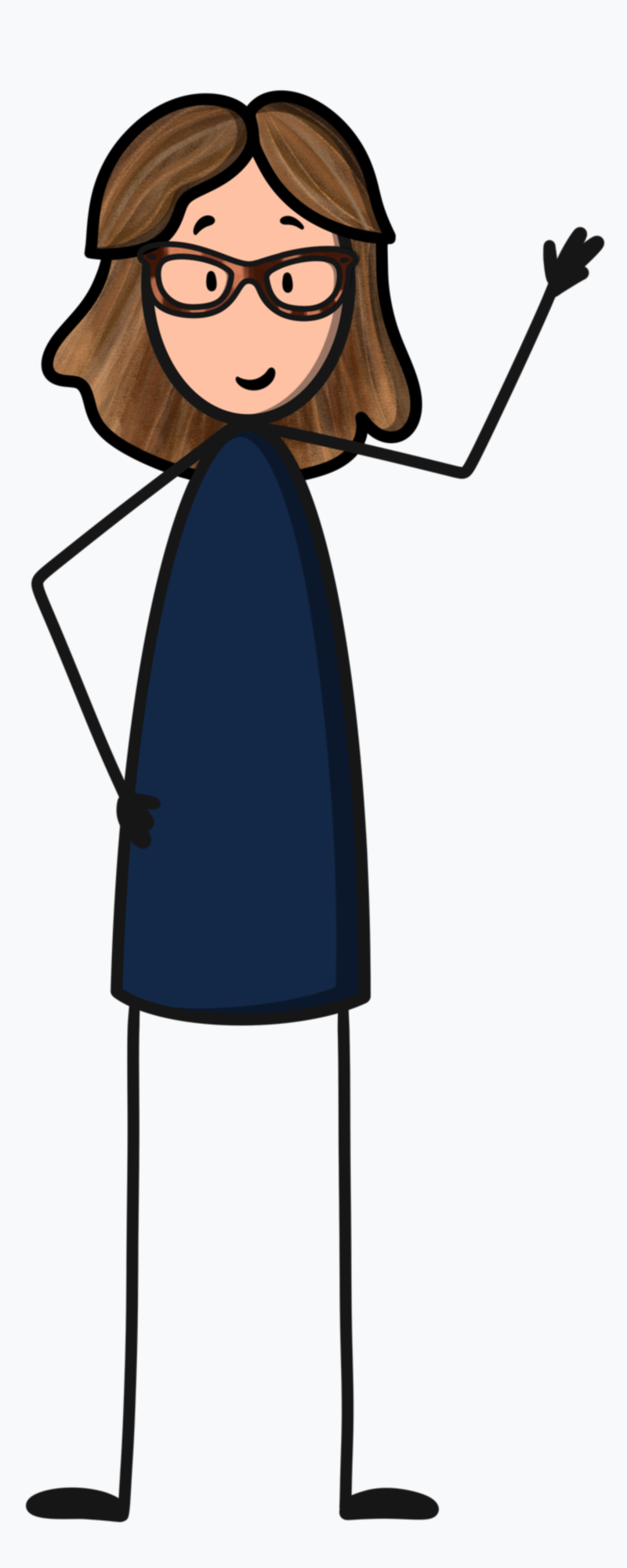 Veronique Erkens - Clinical Psychologist/Psychotherapist
Veronique Erkens - Clinical Psychologist/Psychotherapist
"Over the years, I've been working in the Specialized Mental Health Care (SGGZ), gaining knowledge in schema therapy. However, I didn't always feel equally competent in discussing the complex terms of schemas and modes with children, adolescents, and/or parents.
The materials developed by Kenschetser strongly encourage using them to discuss themes with children, adolescents, and parents in a clear and visual manner. Additionally, the cheerful drawings activate my own happy child mode and keep the dysfunctional parent modes in the background.
In short, I enjoy working with the materials and no longer feel hesitant to use the tools of schema therapy.
A true recommendation and must-have for all working from a schema therapy perspective!"
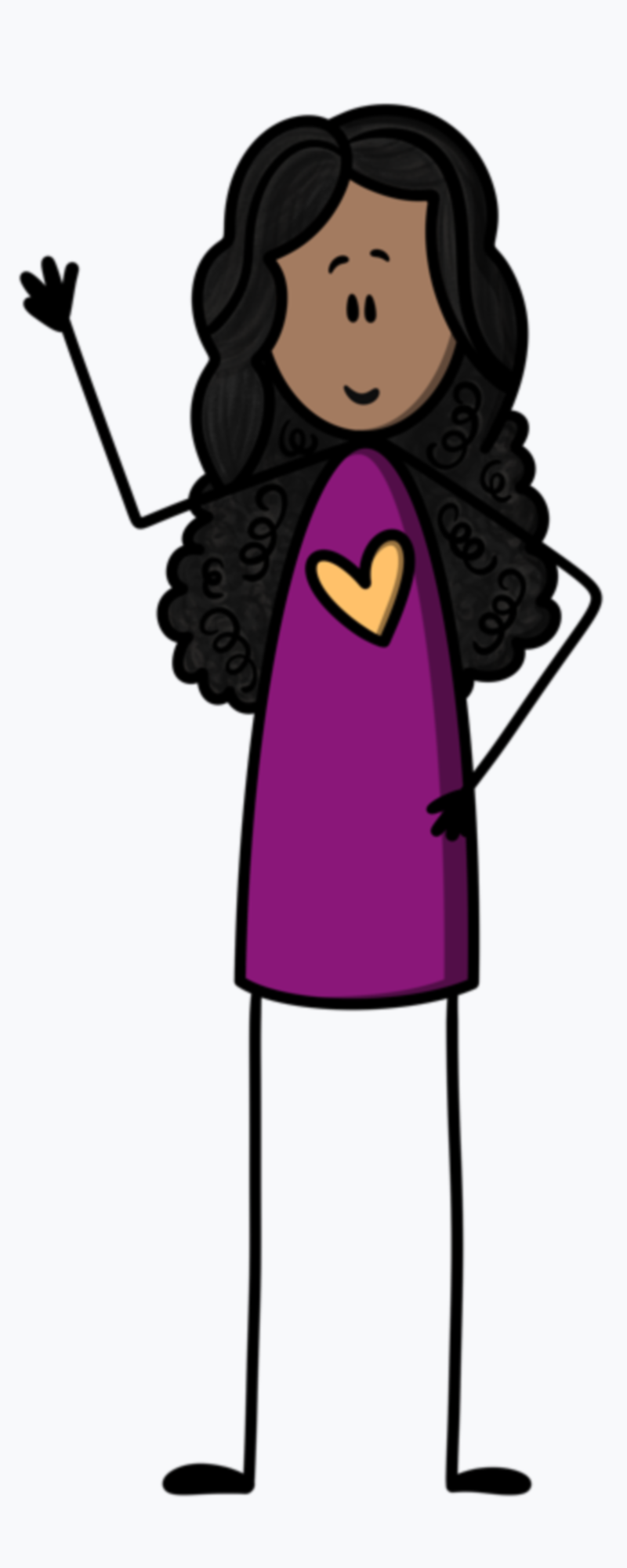
Rishma Khubsing - Clinical Psychologist/Psychotherapist
"At the Schema Therapy Congress 2023, I was introduced to the work of Jente from Kenschetser. She had a vibrant booth that immediately caught my attention.
Among the materials was a poster that neatly presents the basic needs, including the two new ones, and links them to schemas. It's very clear and adds more color to my practice, while the illustrations bring liveliness to the understanding of modes.
Both my patients and I find the case conceptualization form very pleasant as it promotes more interaction. Previously, I filled in the form with the patient on the computer, but this method is much more enjoyable. It's well-designed, and I've noticed that the case conceptualization form is now filled out more quickly, with the patient doing it. This proves to be efficient and comfortable. We discuss complex and often sad topics, and this approach adds a breath of fresh air.
Years ago, I created mode cards to make the treatment more visual. However, I still decided to purchase the mode board and magnets because Jente's mode model looks different, allowing patients to label the modes themselves with a name they find fitting. This helps patients recognize themselves in the modes even better.
Lastly, I use the mode cards during techniques like the chair work. The explanations on the back are very useful.
In conclusion, Jente, you've gained a fan! Keep up the good work!
I look forward to your future work."
Check out more reviews on LinkedIn or Google. Want to write a review yourself? Please do! Share your experiences on LinkedIn or Google.



